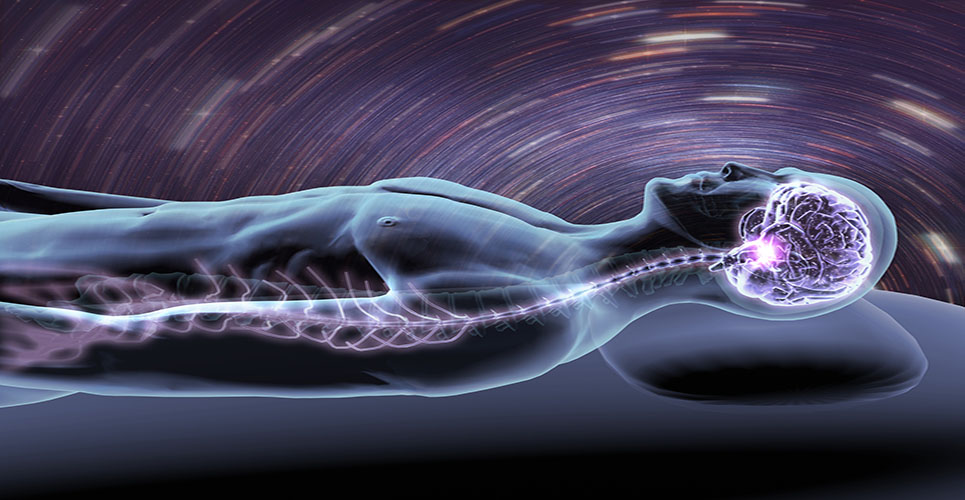teaser
An experiment should be carried out in Scotland to see if the fight to combat multiple sclerosis (MS) could be helped with vitamin D supplements, an expert has said.
At a one-day conference exploring the connection between MS and a lack of vitamin D, Oxford University Professor George Ebers suggested vitamin pills could be useful.
Exposure to sunlight causes the vitamin to be created naturally in the body, but for half of the year in Scotland an insufficient amount of sunshine means the necessary UVB wavelengths are not present.
The Shine on Scotland campaign organised the summit in Clydebank, West Dunbartonshire.
Teenager Ryan McLaughlin started the initiative after he watched his mother Kirsten struggle with MS.
Prof Ebers, who works in clinical neurology, said that, although not proven, the evidence was strong enough to see an introduction of the supplement.
He estimated the supplements could cost under £5 per person a year.
Prof Ebers said: “MS has the highest frequency here in Scotland. The frequency of vitamin D deficiency is very high here in Scotland and we know that if Scots move to places where it is sunny, their MS risk drops very substantially.
“It’s clear that vitamin D and sunshine are very strong candidates for being responsible for the difference in the risk from staying here to going somewhere else. There is a lot of thinking that has gone into this.
“I think that we are at the point now where the evidence is sufficiently strong, but not proven, that supplementing Scottish diet, if you like, with vitamin D will have some health benefits, particularly in the case of MS, where it may be protective.”
Copyright Press Association 2010
<http://www.shineonscotland.org.uk/> (Shine on Scotland)

